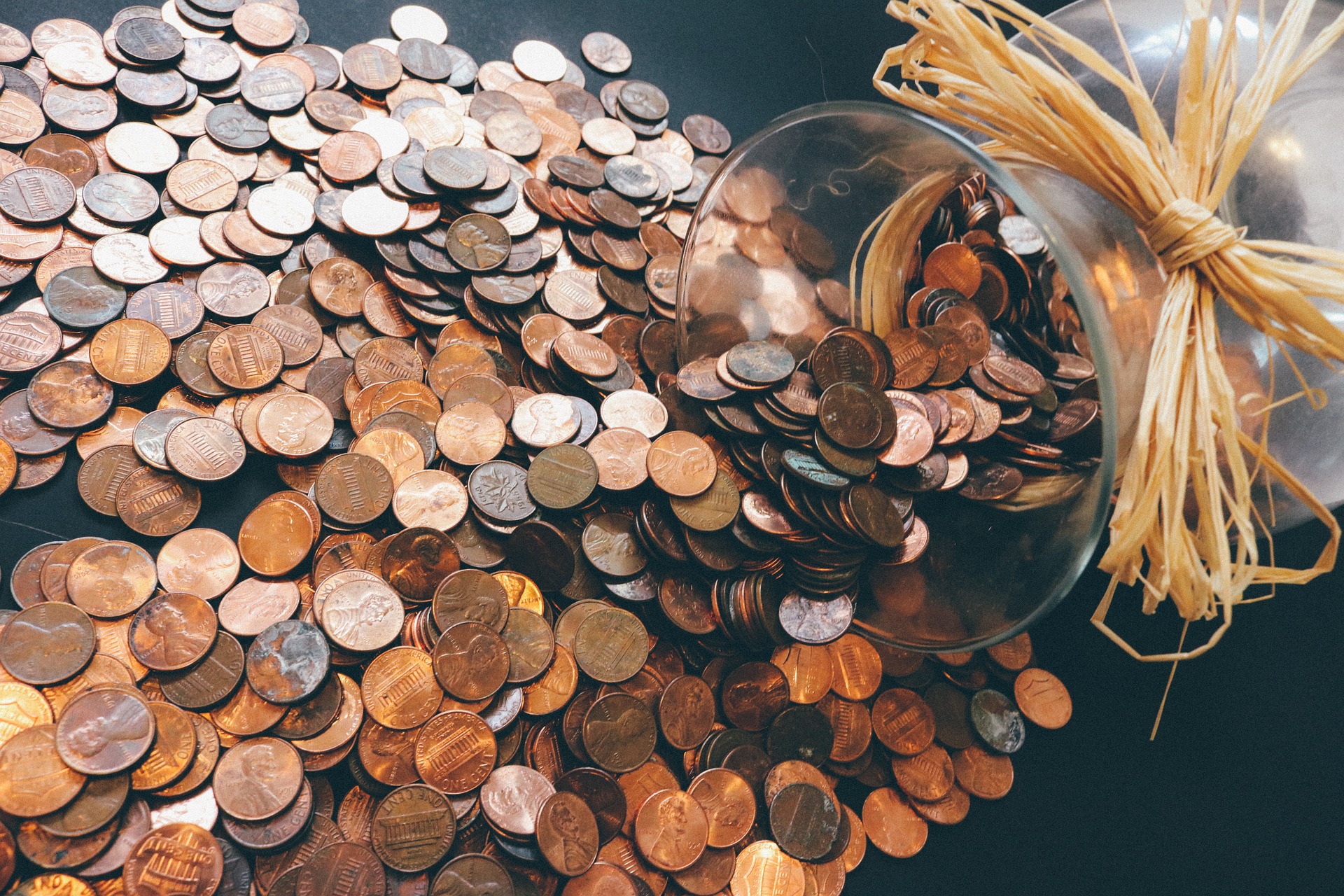When you’re thinking about arranging long-term finances for yourself, sometimes it helps to break the process into pieces rather than trying to handle the entire budgetary expense at once. It’s easy, or sometimes inevitable, to live paycheck to paycheck in this economy. But there are some little tips, tricks, and spending habits that can better help you save money.
10 Habits of People Who Are Good at Saving Money
Whether it’s a high-yield savings account or a stash of cash under your bed, there are many ways to save money. There are certainly better or worse ways to preserve your acorns for the coming winter, but there is a general list of habits that most people have that are good at saving money. Here’s a look at 10 ways to save money:
- Set savings goals and stick to them.
- Start small and live beneath your means.
- Automate your savings with automatic transfers.
- Know the difference between what you want or need to spend money on.
- Create a better budget for yourself.
- Have one or more retirement accounts.
- Don’t rely too heavily on autopay with your bills.
- Have a separate savings plan for major purchases.
- Use the 30-day rule when shopping to delay spending.
- Have three to six months’ worth of expenses in a savings account.
1. Set savings goals and stick to them.
Although there are many ways to save, the important thing to remember is that you are doing so to reach your short- and long-term goals. Goals will vary depending on your specific financial situation, but make sure you set both achievable and aspirational ones. You should save separately for these in accessible deposit accounts or fixed term accounts.
2. Start small and live beneath your means.
It’s wonderful if you get a raise or a better-paying job, but just because you make more money doesn’t mean you should spend more. In fact, quite the opposite is true. You should stick to the budget you had when you were earning less and put all extra money into some type of savings account.
3. Automate your savings with automatic transfers.
Having money automatically transferred from your account every pay check makes it easy not to spend it. These savings come from automatically allocating your money to specific goals. Here are some ways you can try to automate your savings:
- Have a percentage of your paycheck automatically deposited into a separate savings account.
- Make sure to put your money in a high-interest savings account to get better interest rates and automatically earn more money.
- Try different budgeting apps and take advantage of automatic savings tool features.
- Set up direct deposit for your paycheck. Instead of a lump sum, deposit a certain percentage in the account specifically for needs like rent, electricity bill, car insurance or phone bill.
- You can also set aside money for each of your savings goals and track your savings progress.
4. Know the difference between what you want or need to spend money on.
Shopping is fun and you should definitely treat yourself to it once in a while. However, when it comes to savings, small edits go a long way. Although you may want every streaming service, you don’t need every one on the market. Canceling just a few can really add to your expenses for the year. Once your shelter, food, debts, and bills are covered, you can set aside some money for savings and anything extra is up to your discretion.
5. Create a better budget for yourself.
Whether it’s something big like when you refinance your mortgage, or something small like when you intentionally buy more energy-efficient lightbulbs, creating and sticking to a budget will only increase your ability to save. You can be very specific with your budget and try something like the 50/30/20 budget percentage rule that would look like this:
- 50% of your paycheck is allocated for needs.
- 30% of your salary is spent on necessities.
- 20% of your paycheck is for savings.
6. Have one or more retirement accounts.
It’s no surprise that good savers are preparing for retirement even before they reach age 65. Years of savings go into a proper retirement plan, but diversification across different types of accounts can build your retirement savings and portfolio well. Here are some retirement savings accounts to consider putting money into right now:
- Roth IRA
- Traditional IRA
- 401(K)
- Simple 401(K)
- SEP plans
- 403(B)
- Government Plans
- Defined Benefits Plan
7. Don’t rely too heavily on autopay with your bills.
Autopay is incredibly convenient, sometimes too much so, because you can forget that you’re paying for something you no longer like or need. Common culprits include streaming services, app subscriptions or club memberships. Be sure to go through your funds with a fine-tooth comb to see where you can cut back or at least stop the autopay of some fees and bills.
8. Have a separate savings plan for major purchases.
It would be magical to be able to save a large amount of money without even thinking about it, but unfortunately saving a large amount of money comes with some planning and preparation. Let’s say you want to save $1,000 in the next 30 days, which is about $250 per week. Here are some ways you can get there quickly:
- Start a temporary endeavor for additional income. Whatever you earn from that work, do not spend it but put it all in your savings account. Hold a garage sale or start selling some of your unused items around the house.
- This can generate a good amount of passive income that can be used to fund your big ticket purchases.
- Change your traditional savings account to a high yield savings account as banks offer higher percentage of interest on those accounts.
9. Use the 30-day rule when shopping to delay spending.
A good rule of thumb to follow when shopping is the 30-day rule. If you see something you want to buy, don’t immediately run to checkout. Instead, you should wait 30 days to see if you still want it at the end of that period. This is a great way to cut down on impulse purchases and help define what you really want to spend money on. Pleasant to you. You may be pleasantly surprised by how short that list is and how much money you’ve just deposited into your bank account.
10. Have three to six months’ worth of expenses in a savings account.
Having an emergency fund or savings account to cover unexpected expenses or events makes any other savings you have accumulated more secure. The amount of money will vary depending on your personal income and expenses, but saving this amount separately, apart from other plans or goals, will give you peace of mind in case you lose your job. This will also give you additional time to sort out your financial situation.
conclusion:
Sometimes it may seem like there isn’t enough money to spend. However, if you take some time and sit with your finances, you may start to see patterns you can avoid or where you have room to edit your spending. Earning more money is good, but saving more money is not necessary. You can start saving money right now by making some changes in your budget.



